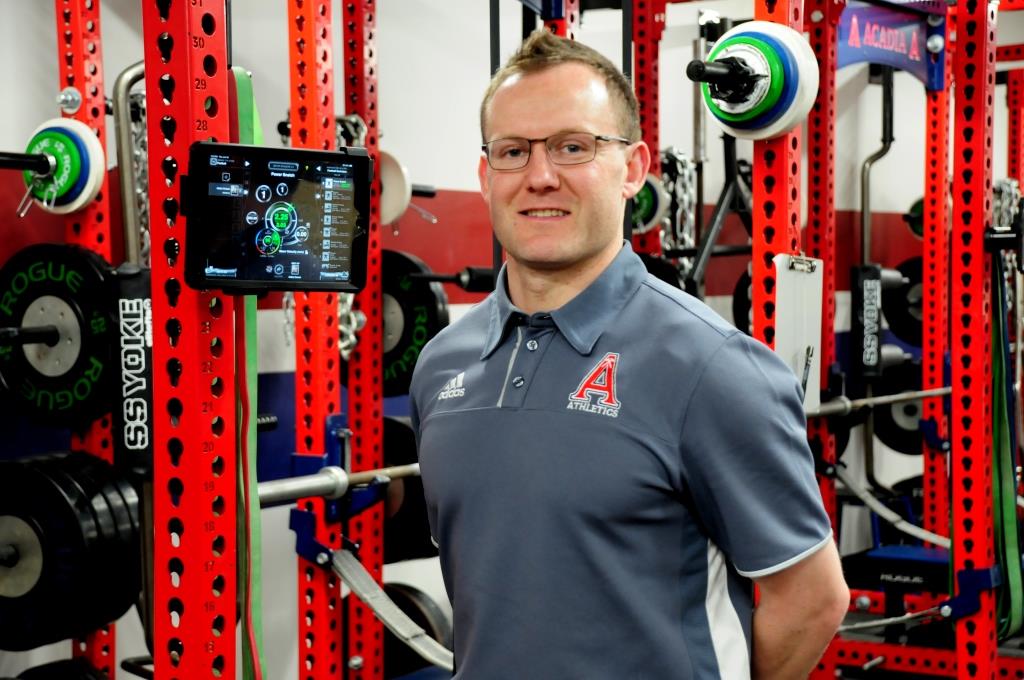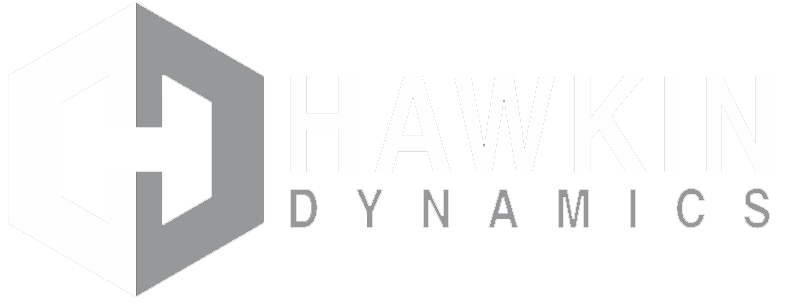CSCA Director Spotlight: Acadia University’s Elliott Richardson

CSCA – How did you get started in the industry?
Strength and conditioning allowed me to exceed my potential as an athlete and became something that I wanted to share with others following the same athletic path.
I was constantly undersized through my developing years, so S&C gave me the edge to excel at the university level, and to play professionally in the Canadian Football League (CFL) for 3 years. The passion I had for learning about S&C at university transformed me from a middling student to an Academic All Canadian after switching into kinesiology (GPA >3.5).
During my time in the CFL, I knew that I wanted to eventually transition to a role as a strength and conditioning coach. Shortly after my playing career ended, I went back to my alma mater (Acadia University) as a volunteer S&C coach. Within a year it led to me becoming Acadia’s first dedicated, full-time S&C coach, a role that I’ve held for the last 9 years.
My mission is to give the athletes I work with things I didn’t (and wished) I had as an athlete growing up. I feel like I’m always trying to train my former self to the highest level possible.
CSCA – What challenges have you faced in your career?
My major challenge at a small university has been a lack of resources. Only part of my salary is paid by the University. To make up the difference in my salary I train local athletes privately in our space. Over the years, this has evolved and now I am able to top up my salary, fund the employment of 2 additional full-time coaches and a part-time staff member.
A second challenge was never formally working under or receiving consistent mentorship from another professional. I relied on occasional phone calls or email with other professionals, as well as reading books, watching seminars, and attending conferences to establish the system and principles of training at Acadia. Reflecting on my time at Acadia I now see this challenge of being under-resourced as being a massive benefit for me in my development as a coach. It has forced me to constantly try and solve problems to improve the situation for my athletes. My lack of direct mentorship shaped my philosophy and goals to want to mentor the aspiring professionals I work with to give them a head start on their career, and more importantly, learn from my mistakes.
What I didn’t have as a professional is what shapes my passion for helping others. My mission is to give my younger self the help and guidance I didn’t have.
CSCA – What do you see for our industry in 10 years?
In 10 years I see the field continuing to grow in breadth and depth, in addition to an increase in recognition and standards of practice. I see S&C coaches working in broader roles (high schools, sport science/S&C hybrid roles), as well as being given more vertical opportunities such as taking on leadership/management positions in athletic/sports performance departments in the team setting.
I think we’ll start to see more and more coaches who can retire from strength and conditioning, whether that is as a director/manager or teacher. As the profession grows in credibility, I can see a future where our services in the private sector are covered by private insurance, since I believe that our skills go beyond just athletic performance. Our breadth of knowledge and experience gives us a unique position to be able to help people improve their long-term life performance. I don’t think it’s out of the realm of possibilities that strength and conditioning coaches are hired by government health organizations to help combat the decline in our population’s physical fitness.






